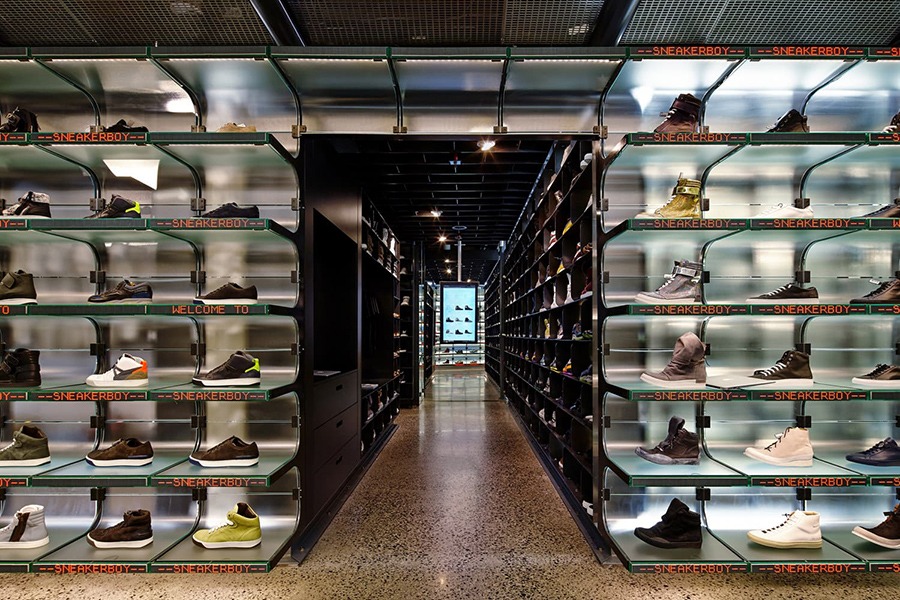Continuing our series of boardroom luncheon events with influential people in Technical & Operations, Slade Group recently hosted Kate Bailey, Associate Director – Head of Logistics and Retail Research at CBRE.
Focusing the conversation on how the Australian economy will perform in 2019 and beyond, we discussed the impact of e-commerce on the industrial property market, looked at how increasing vacancies and slowing retail sales impact the retail sector, and considered infrastructure challenges in the face of fast delivery.
Kate had some interesting statistics about how our online shopping habits have contributed to land fill. For example, I didn’t know that 30% of all goods sold online are returned, with a staggering 2billion kg in the US going to landfill waste annually. While many retailers no longer build their businesses with bricks and mortar, the space required for warehousing goods bought online is having a significant impact on urban planning. With parcel delivery now their major activity, services like Australia Post have had to completely change their business model. Yet it’s still often cheaper to purchase a book from Amazon, which is shipped from the other side of the world, than to buy the same item from local bookshop. Kate says 30% of customers will pay more just for faster delivery.
Kate highlighted that omni-channel shoppers, those who buy online as well as in physical retail stores, typically spend up to 30% more than traditional shoppers. Sneakerboy in Melbourne is an example of how an innovative business has successfully integrated the concept of omni-channel retail. Its Flinders Lane store has 96% floor space for maximum storefront efficiency – they only stock a single pair of shoes in each size. Customers try on the shoes then purchase via an iPad in store. The shoes are shipped directly to the customer from Hong Kong.
Convenience is becoming more and more a part of the building design of both commercial and residential buildings. We’re starting to see features like hot food vending machines for time poor (couldn’t-be-bothered-cooking) professionals on the go. Driverless cars, soon to be a reality, are further evidence of convenience led product development, but what will happen to the existing infrastructure?
We had a great chat around the table, with everyone from retail, construction, land development, engineering, architecture, interior design and those of us involved in the recruitment of these industry professionals, contributing to the discussion.
Continue the conversation by posting a comment on this blog or feel free to send through a question for me to refer on to Kate. If you would like to be a facilitator at one of our quarterly boardroom lunches please contact me directly, details below.
Kelly has 11 years recruitment experience in the Melbourne market recruiting technical and non-technical professionals in engineering within the property and construction sectors. Her experience has given her a keen eye for identifying the best executive talent in the market and the greatest opportunities for candidates. Kelly has a genuine interest in providing talent solutions which has assisted her in building rapport with clients and candidates to help organisations meet their strategic growth goals. Kelly is highly motivated to obtain the best outcome for all involved.

